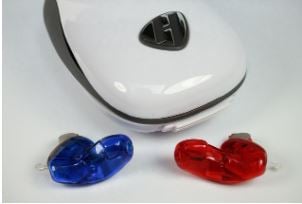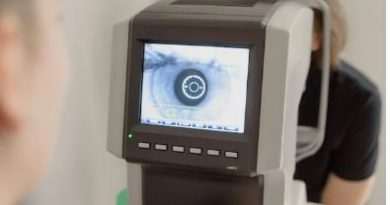Are Over-The-Counter Hearing Aids Any Good?
The ability to hear is an essential aspect of human communication and engagement with the world. However, hearing loss is a prevalent issue that affects millions of people globally. In the past, the only solution for hearing loss was to consult a hearing healthcare professional and invest in costly custom hearing aids.
With the recent introduction of over-the-counter (OTC) hearing aids, the landscape of hearing healthcare has started to change. While OTC hearing aids offer accessibility and affordability, their effectiveness and suitability remain subjects of debate. What are the pros and cons of OTC hearing aids? Are they effective in addressing hearing loss, or should a person consider the benefits of Earlens technology?
Accessibility Benefits
One of the primary benefits of OTC hearing aids is their accessibility. Traditional hearing aids often require multiple appointments with a hearing healthcare professional, which can be time-consuming and expensive. OTC hearing aids, on the other hand, are purchased directly from pharmacies or on the Internet without a prescription. This accessibility empowers individuals to improve their hearing without the need for extensive medical intervention. Furthermore, OTC hearing aids are typically more affordable than their custom counterparts, making them an attractive option for individuals who cannot afford expensive medical devices.
Increased Convenience
Another positive aspect of OTC hearing aids is the convenience they offer. Users adjust the settings and volume of the devices themselves, without the need for frequent visits to a hearing professional. This adaptability allows users to personalize their hearing experience according to their specific needs and preferences. Additionally, OTC hearing aids often come with pre-programmed settings suitable for a wide range of hearing loss conditions, providing a quick and accessible solution for individuals with mild to moderate hearing loss.
Improper Fitting
However, it is crucial to consider the limitations of over-the-counter hearing aids. One significant concern is the potential lack of professional guidance in the fitting and calibration process. Custom hearing aids are tailored to the unique needs and characteristics of each individual’s hearing loss, ensuring optimal performance. In contrast, OTC hearing aids have a more generalized approach, which may not suit everyone’s specific requirements. Without professional guidance, users may experience difficulties in achieving the desired sound quality and clarity, potentially leading to dissatisfaction or even exacerbation of hearing problems.
Limited Use
Additionally, the effectiveness of over-the-counter hearing aids in addressing severe hearing loss is questionable. OTC devices aren’t suitable for all, as they may not provide sufficient amplification for those with more severe conditions. Consequently, individuals with severe hearing loss may still need to work with an audiologist and invest in custom hearing aids to achieve optimal hearing outcomes.
Quality Concerns
Furthermore, the quality of OTC hearing aids varies significantly. While some OTC devices meet industry standards and provide satisfactory performance, others may be of lower quality and fail to deliver the desired results. This lack of consistency can make it challenging for consumers to identify which OTC hearing aids are reliable and effective.
OTC hearing aids offer accessibility and affordability to individuals with mild to moderate hearing loss, allowing them to take control of their hearing health without the need for extensive medical intervention. However, before considering an OTC option, individuals should carefully evaluate their specific needs and consult with a hearing healthcare professional to ensure the best possible outcome. The future of OTC hearing aids holds promise, but further research and regulation are needed to enhance their effectiveness and suitability for a broader range of hearing loss conditions.




